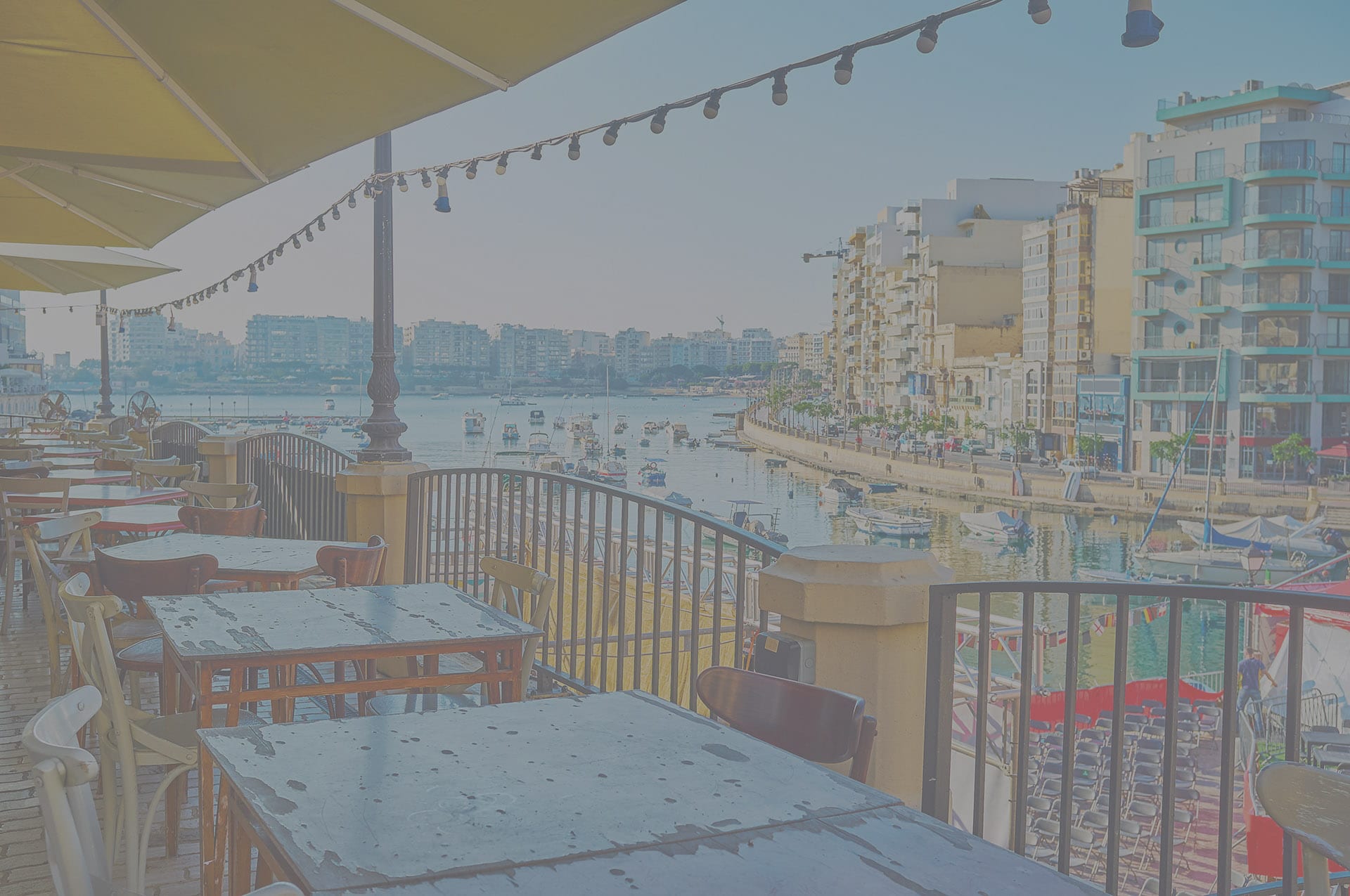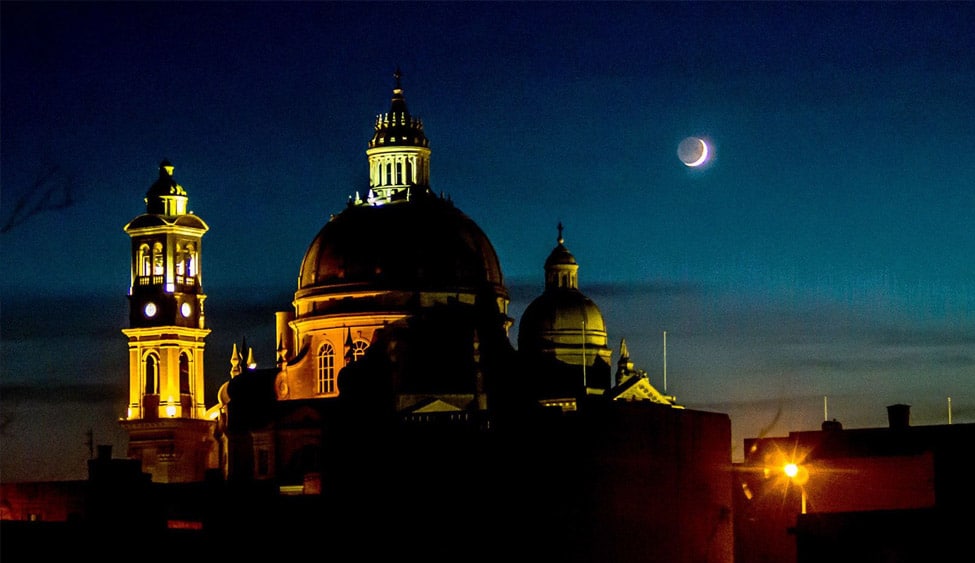
Rediscover: A Strategic Masterplan for Tourism

Malta and the Digital Nomad – A Recipe for Success
May 23, 2022
Institute of Tourism Studies: The Path towards Internationalisation
May 30, 2022In the post-pandemic world, the Malta Chamber’s new vision for tourism seeks to foreground quality experiences, focus on sustainability and develop close collaboration to regenerate the sector.
Tourism has changed and it’s time for Malta to adapt.
Against the backdrop of a pandemic that has completely altered the tourism landscape locally and globally, the Tourism Operators Business Section at The Malta Chamber of Commerce, Enterprise and Industry – with the support of consulting firm Seed – has unveiled its transformational vision for the future of the sector: Rediscover.
With the goals of reducing seasonality, attracting tourists that contribute to the economy, and helping tourist operators embrace digital transformation and service delivery upgrades, the document includes 125 recommendations across eight strategic themes, encompassing branding and marketing, digital innovation, accommodation, sectoral infrastructure, culture and identity, governance and institutions, human capital, and connectivity.
Alan Arrigo, chairperson of the Tourism Operators Business Section, explains that the document emerged from consultation with a range of 28 stakeholders across the entire value chain. “We wanted to understand the local context, the local and global challenges, and what other countries are doing. From that, we have developed a strategy and action plan,” he says.
“Sustainability is key: our future cannot be growth for growth’s sake,” he continues, outlining one of the strategy’s core principles. “As tourism operators, we depend on the natural and urban environment being sustained and preserved, but we also have to preserve and nurture our socio-cultural fabric. Tourists come to Malta for the Malta experience: they want to meet the local people, hear the local language, and taste the local foods.”
Seed senior consultant Glenn Fenech explains that the strategy rests its vision of sustainability in growth on three key pillars: improving the customer journey, encouraging authentic and unique experience, and building capabilities.
“This strategy sets out a number of enablers to work towards these core objectives,” Mr Fenech says. “It is then further informed by a set of overarching foundational elements that are critical to achieving the strategic vision. These include the values and the principles that would steer a reinvented industry, as well as the fundamental shifts that must drive it, be they increased connectivity, strategic diversification, or targeted investment.”
Among the challenges uncovered, Fenech says, were the weak collaborative approach between authorities and industry operators, the slow pace of digitalisation, and the need to strengthen infrastructural capacity to deliver on the promise of an exceptional customer journey, as well as the threat of over-supply, with signs already present pre-COVID.

Key recommendations to address these issues include the setting-up of an inter-ministerial function at Prime Ministerial level to ensure effective liaison between all ministries with a direct or indirect role in tourism. The document also proposes a sectoral review to measure digital readiness, and funds allocations to ramp up innovation efforts.
Beyond that, it calls for a new open-source Tourism Observatory to use big data and advanced business intelligence tools to monitor Malta's tourism performance, and new incentives to develop tourism niches from wellness, to agribusiness, the arts and gastronomy.
“We also looked into the critical shortage of staff, which remains the most pressing challenge for the sector,” Mr Fenech says. “There are a number of other flagship recommendations aimed at promoting and supporting tourism business operators, such as lowering VAT on all tourist services, including restaurants, more support to potential beneficiaries of EU funds, and more support for route development.”
Mr Arrigo explains that, on a broad level, the strategy is focused on improving the quality of the customer journey, not simply when a tourist lands in Malta, but as soon as they first start contemplating their trip. “Embracing quality within the experience means doing whatever it takes to satisfy the customer: if the customer is satisfied, that will help ensure they return again, spread the word, and increase the positive perception of Malta.”
The time when Malta could compete with other destinations simply on the basis of sun-and-sea, Mr Arrigo says, is long over, and raising the game means finding new unique selling points to differentiate ourselves. “Malta’s size can be one advantage: we can offer a cultural holiday, a city-break, a sun-and-sea holiday and many others, because of our proximity.”
In a broader sense, therefore, the strategy aims to address the question of what identity Malta wants to create for itself, and how to go about achieving it. This identity, Mr Arrigo says, should be intimately tied in with the fabric of the country, allowing tourism to become a force that helps to preserve traditional environments and ways of life, rather than coming into conflict with them.
Mr Arrigo says the only way to achieve this – and which the document is proposing – is through close collaboration between all aspects of the value chain, the industry and government, and across different ministries and authorities. It recognises that no single stakeholder, public or private, can hope to address the challenges in isolation, and pushes for a high-level holistic masterplan to replace isolated or ad-hoc efforts.
“Certainly, the government cannot be seen as a competitor, but should be primarily focused on regulation, which has often been lacking,” Mr Arrigo says. “If tourism is seen in a silo, by either the government or the industry itself, then that’s a serious problem.”
For more information on the Rediscover Strategy, please contact the Malta Chamber.
Beyond that, it calls for a new open-source Tourism Observatory to use big data and advanced business intelligence tools to monitor Malta's tourism performance, and new incentives to develop tourism niches from wellness, to agribusiness, the arts and gastronomy.
“We also looked into the critical shortage of staff, which remains the most pressing challenge for the sector,” Mr Fenech says. “There are a number of other flagship recommendations aimed at promoting and supporting tourism business operators, such as lowering VAT on all tourist services, including restaurants, more support to potential beneficiaries of EU funds, and more support for route development.”
Mr Arrigo explains that, on a broad level, the strategy is focused on improving the quality of the customer journey, not simply when a tourist lands in Malta, but as soon as they first start contemplating their trip. “Embracing quality within the experience means doing whatever it takes to satisfy the customer: if the customer is satisfied, that will help ensure they return again, spread the word, and increase the positive perception of Malta.”
The time when Malta could compete with other destinations simply on the basis of sun-and-sea, Mr Arrigo says, is long over, and raising the game means finding new unique selling points to differentiate ourselves. “Malta’s size can be one advantage: we can offer a cultural holiday, a city-break, a sun-and-sea holiday and many others, because of our proximity.”
In a broader sense, therefore, the strategy aims to address the question of what identity Malta wants to create for itself, and how to go about achieving it. This identity, Mr Arrigo says, should be intimately tied in with the fabric of the country, allowing tourism to become a force that helps to preserve traditional environments and ways of life, rather than coming into conflict with them.
Mr Arrigo says the only way to achieve this – and which the document is proposing – is through close collaboration between all aspects of the value chain, the industry and government, and across different ministries and authorities. It recognises that no single stakeholder, public or private, can hope to address the challenges in isolation, and pushes for a high-level holistic masterplan to replace isolated or ad-hoc efforts.
“Certainly, the government cannot be seen as a competitor, but should be primarily focused on regulation, which has often been lacking,” Mr Arrigo says. “If tourism is seen in a silo, by either the government or the industry itself, then that’s a serious problem.”
For more information on the Rediscover Strategy, please contact the Malta Chamber.



